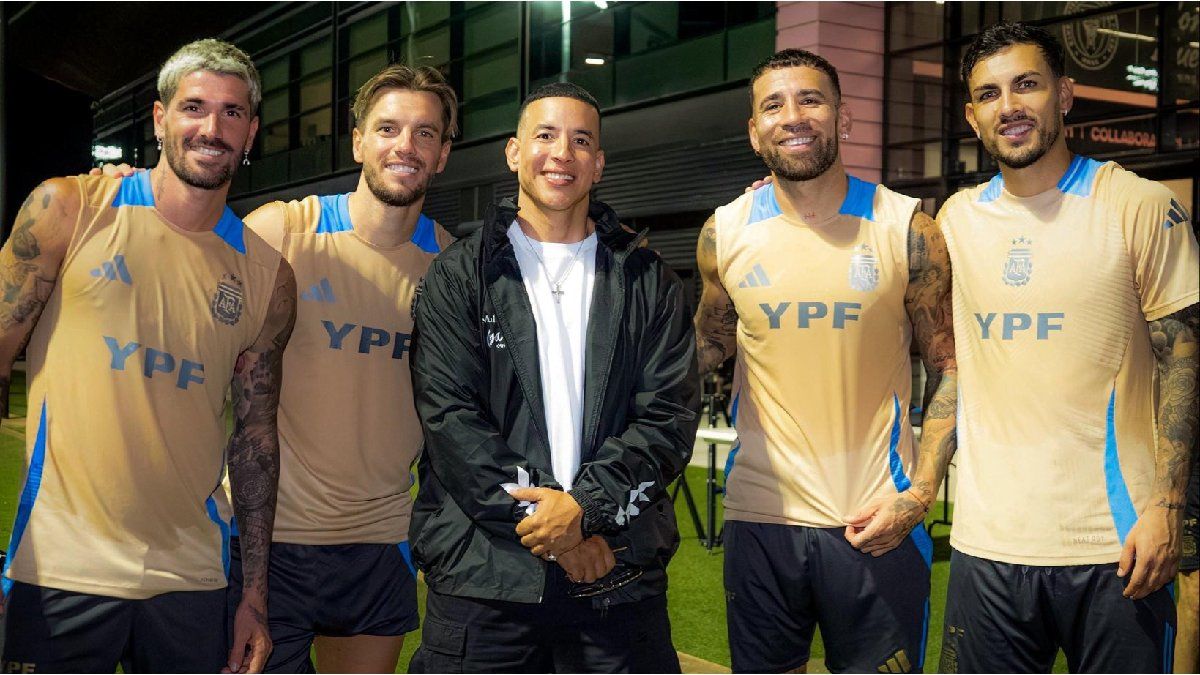At the end of Foreign Minister Annalena Baerbock’s three-day trip, the focus is on solutions to regional crises and energy cooperation – and a balancing act in human rights.
Foreign Minister Annalena Baerbock continued her three-day visit to the Gulf region with a meeting with the head of state of the Emirate of Qatar. The Green politician met with Emir Tamim bin Hamad Al Thani in his palace in the capital Doha. At the end of the visit to the rich Gulf emirate, a meeting with Prime Minister and Foreign Minister Mohammed bin Abdulrahman Al Thani is planned.
As in Saudi Arabia, Baerbock once again faced a balancing act: the difficult human rights situation in Qatar contrasted with the country’s important role in connection with Iran, Afghanistan and energy and climate issues. With regard to Iran, in addition to the nuclear agreement that has been on hold for years and the protests within the country, it is likely to be about cooperation with Russia in its war of aggression against Ukraine.
Qatar’s prosperity is primarily based on its natural gas reserves – they are the third largest in the world after Russia and Iran. Qatar is the world’s largest exporter of liquefied gas. The main customers are Japan, China, South Korea and India. According to an agreement signed at the end of November, Qatar wants to deliver liquefied natural gas (LNG) to Germany from 2026 onwards. The planned quantity could cover around three percent of Germany’s annual requirements. Germany wants to replace missing natural gas from Russia with LNG from all over the world. Deliveries from Qatar are said to total up to two million tons a year and last at least 15 years.
Source: Stern
I have been working in the news industry for over 6 years, first as a reporter and now as an editor. I have covered politics extensively, and my work has appeared in major newspapers and online news outlets around the world. In addition to my writing, I also contribute regularly to 24 Hours World.




